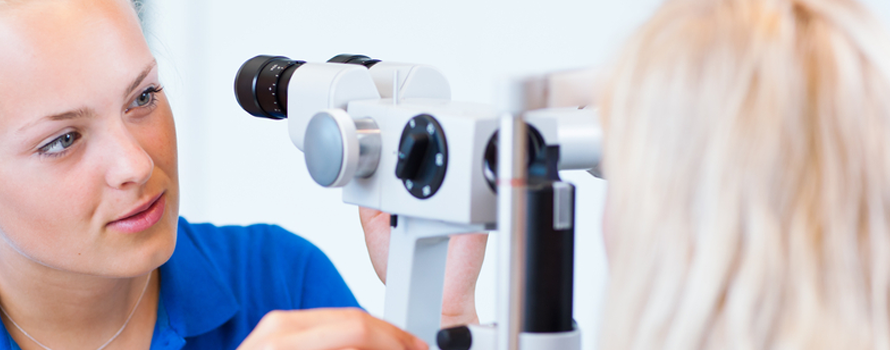
What is albinism?
Albinism is a condition that is present in a person at birth. It refers to a partial or total lack of the pigment melanin in the skin, hair, or part of the eyes. It is a genetic (inherited) condition.
While there are many different types of albinism, it remains quite a rare condition. The most common form, oculocutaneous albinism, affects the eyes, hair and skin.
What causes albinism?
For almost all types of this condition, both parents must carry the albinism gene in order to have a child with albinism.
The body has two sets of genes (one from each parent). If a person has one gene for albinism and one gene for normal pigmentation, he/she will have enough genetic information to make normal pigment. However if a person has two genes for albinism, and no gene for normal pigmentation, albinism results.
What are the symptoms of albinism?
A person with albinism can have a combination of the following symptoms:
- Extremely light skin colour.
- Light or white coloured hair.
- Light eye colour, sometimes appearing pink.
- High susceptibility to sunburn and skin cancer.
- Vision problems.
What kind of vision problems can someone with albinism have?
Those with albinism always have vision problems. This is due to an abnormal development of the eyes because of a lack of pigment.
Eye problems can include:
- Poor vision.
- Sensitivity to bright light.
- Astigmatism (a vision defect in which the image of an object is distorted).
- Nystagmus (rapid involuntary movements of the eyes, which can be up and down, side to side, or rotary).
- Strabismus (crossed eyes, a lazy eye, or a squint).
- Far-sighted or near-sightedness.
Can albinism be treated?
No. Albinism cannot be treated, however many of the problems associated with it can be alleviated. For example, some vision problems can be dealt with by an optician.
How important is sun protection for a person with albinism?
Sun protection is essential. The pigment melanin protects the skin from some of the effects of the sun’s rays (UV rays), such as sunburn. Some people do not have as much melanin as others and this explains why they may burn faster in the sun.
Because albinism refers to a partial or complete lack of melanin, albinos are much more susceptible to sunburn. They also have a greater chance of developing skin cancer.
As a result, people with albinism have to be especially careful when it comes to sun exposure. Ideally a person with albinism should avoid the sun between the hours of 10am and 3pm (when it is at its most intense). When exposed to the sun, sun block should always be worn.



